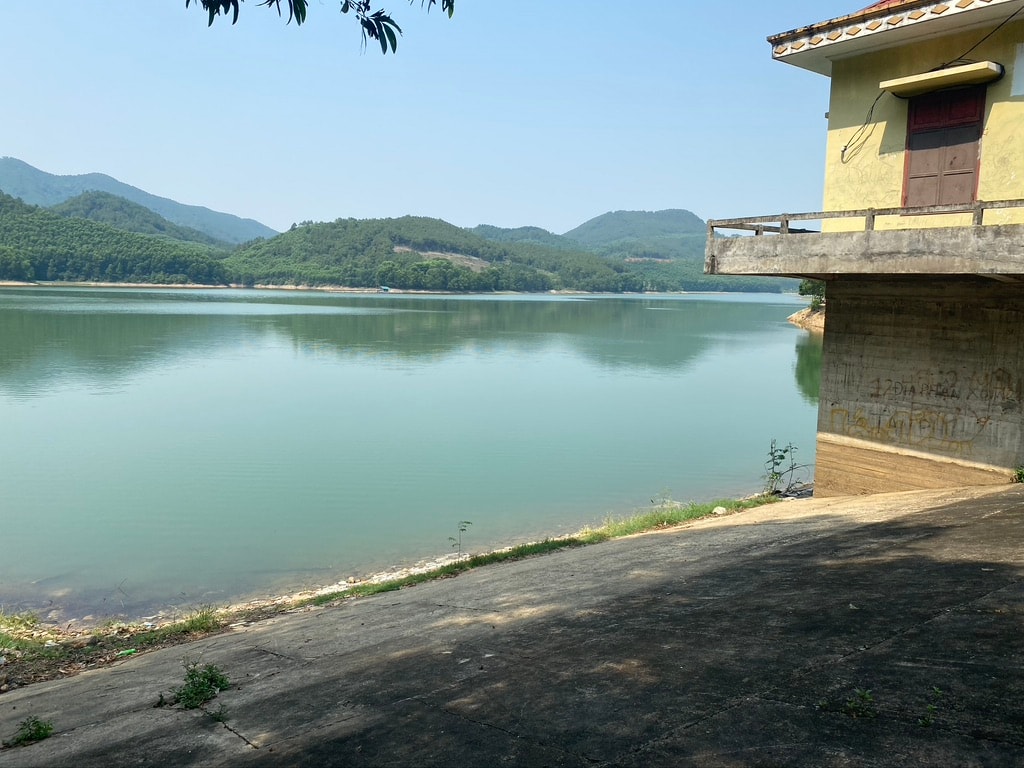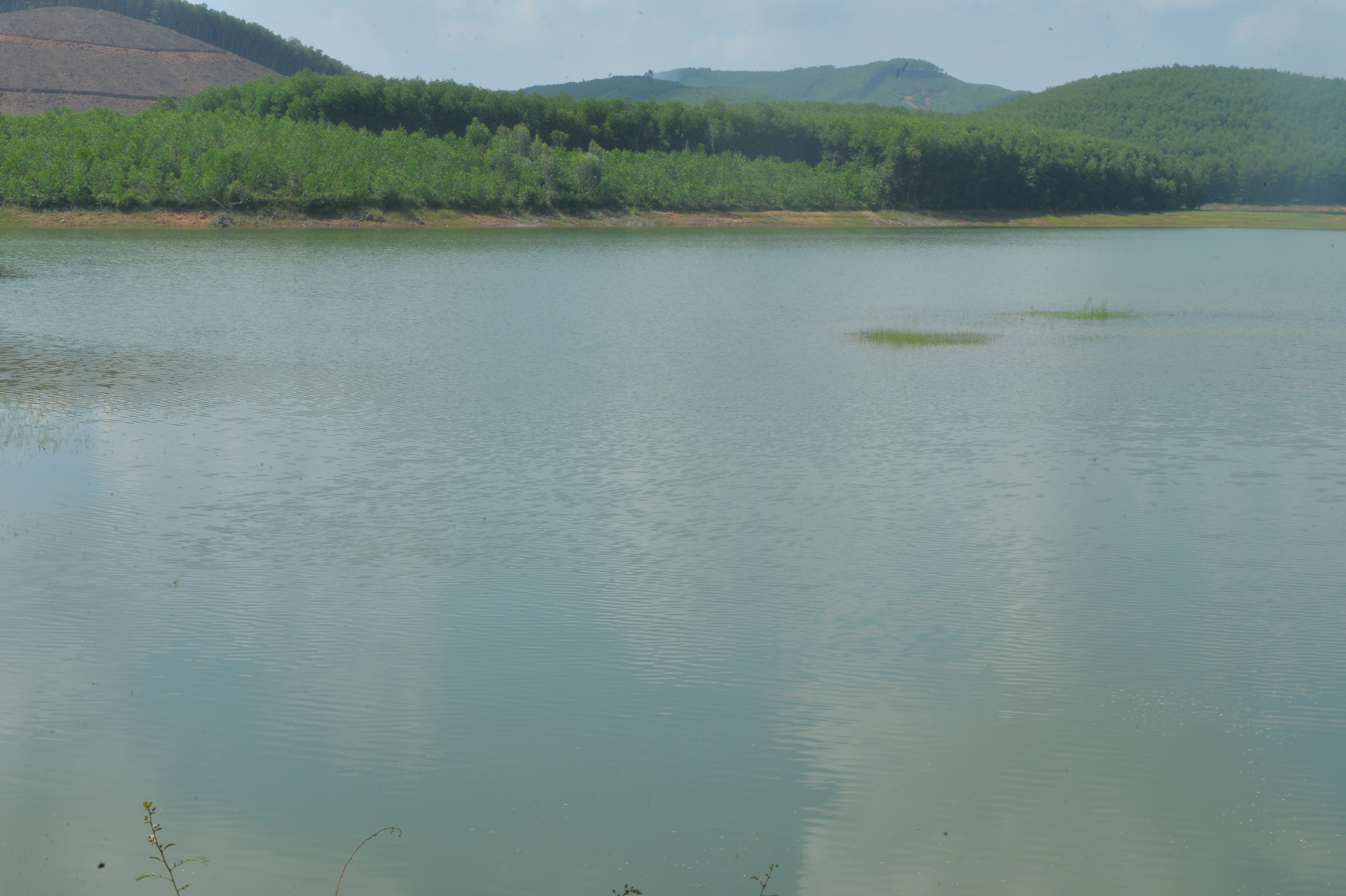More than 640 lakes have not yet stored enough water, Nghe An is facing the risk of water shortage for the spring crop.
(Baonghean.vn) - It is the end of the rainy season, but Nghe An only has 420 reservoirs full of water. The remaining 641 large and small reservoirs have not yet accumulated enough water, reaching only 50-60% of their reserves, and there is a risk of water shortage for the spring rice crop if these reservoirs do not accumulate enough water.

Mr. Vo Si Thang - Bac Irrigation One Member Co., Ltd. said: The area currently managed by the unit has only 5/23 reservoirs full of water, the rest only reach 50-70% of the water level. As theReservoirlarge, including: Xuan Duong reservoir, Dien Phu commune (Dien Chau) with a capacity of 10 million m3, currently the water level has only reached 50%; Ve Vung reservoir, Dong Thanh commune (Yen Thanh) with a capacity of 22 million m3, has only reached less than 70% of the water level. Currently, it is the end of the rainy season, if the reservoirs cannot store water, it will be very difficult to irrigate over 3,000 hectares of spring rice in the dam lake area.
Information from the Department of Irrigation shows that the whole provinceNghe AnThere are currently 1,061 large and small reservoirs, after the recent rains, 420 reservoirs are full of water (of which 379 are locally managed, 41 are managed by enterprises). There are 641 large and small reservoirs that have not yet filled with enough water, only reaching 50-60%, mainly located in the districts of Quy Hop, Anh Son, Nghia Dan, Do Luong, Dien Chau...

A representative of the Irrigation Department said: In 2022, over 95% of large and small reservoirs in the province were full of water, but at this time, it is the end of the 2023 rainy season, but Nghe An has only reached nearly 40% of the number of reservoirs full of water. The reason is that the rainfall is unevenly distributed in the province, there are areas with little rainfall, so the reservoirs do not have enough water, so with the current situation of the water source of the dam, the risk of some areas lacking water to serve the upcoming spring rice crop is very likely to occur.
The Irrigation Department requires reservoir management units to coordinate with localities to operate reservoirs in accordance with reservoir and dam safety procedures, while ensuring water regulation and water retention to serve agricultural production and people's daily life.
